Determining How Much to Feed Aquarium Fish
Updated on 05/27/24
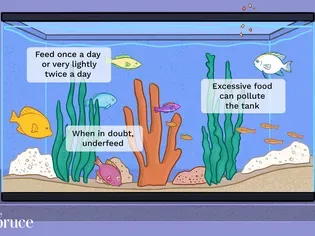
Unlocking the Secrets of Aquarium Fish Feeding: Determining the Ideal Diet
As passionate aquarium hobbyists, we all strive to provide our beloved finned companions with the best possible care. A crucial aspect of this care is ensuring they receive an optimal diet that meets their nutritional needs without overfeeding. Overfeeding can lead to a host of health issues, including obesity, digestive problems, and even premature death. Underfeeding, on the other hand, can result in malnutrition, stunted growth, and a weakened immune system.
Determining the ideal amount to feed aquarium fish can be a daunting task, especially for beginners. However, by understanding their individual requirements and following a few simple guidelines, you can ensure your fish are thriving and living their best lives.
Determining Individual Requirements
The amount of food you feed your fish will vary depending on several factors, including:
* Species: Different species of fish have different dietary needs. Herbivores, carnivores, and omnivores require specialized diets tailored to their specific requirements.
* Size: Larger fish generally require more food than smaller fish.
* Age: Young fish have higher metabolic rates and require more frequent feedings than adult fish.
* Activity level: Active fish, such as tetras and barbs, may need more food than less active fish, such as bettas and gouramis.
* Water temperature: Warmer water temperatures increase fish metabolism, requiring more frequent feedings.
Establish a Feeding Schedule
Consistency is key when it comes to feeding your fish. Aim to feed them at the same time each day, preferably twice a day for adults and three or four times a day for juveniles. This helps regulate their digestive system and prevents them from overeating or becoming too hungry.
Observe Feeding Habits
Pay close attention to your fish while feeding them. Observe their feeding behavior and adjust the amount of food you give them accordingly. If they finish their food quickly, they may need more. If they leave food uneaten after a few minutes, you may be overfeeding them.
The "Two-Minute Rule"
A simple and effective way to determine the ideal feeding amount is to follow the "two-minute rule." Feed your fish the amount of food they can consume within two minutes. If they finish the food before the two minutes are up, increase the amount slightly. If they leave food uneaten after two minutes, reduce the amount.
Examples of Feeding Amounts
To provide you with a clearer idea of feeding amounts, here are some examples for common aquarium fish:
* Guppies: Feed twice a day with a small pinch of flake food or live brine shrimp.
* Tetras: Feed twice a day with a small amount of flake food or frozen bloodworms.
* Goldfish: Feed once or twice a day with a small amount of flake food, pellets, or live worms.
* Betta: Feed once a day with a few betta-specific pellets or live insects.
* Corydoras catfish: Feed once a day with a small amount of sinking pellets or live worms.
Signs of Overfeeding and Underfeeding
It's essential to be aware of the signs of overfeeding and underfeeding to ensure you're meeting your fish's nutritional needs:
* Overfeeding:
* Bloated abdomen
* Lethargy
* Loss of appetite
* Poor water quality
* Underfeeding:
* Thin body
* Slow growth
* Reduced activity levels
* Fin rot or other diseases
Conclusion
Determining the ideal amount to feed your aquarium fish requires patience, observation, and an understanding of their individual requirements. By following the guidelines and examples outlined above, you can ensure your finned friends receive a nutritionally balanced diet that promotes their health, longevity, and overall well-being. Remember, a well-fed fish is a happy fish!
Explore More Pets
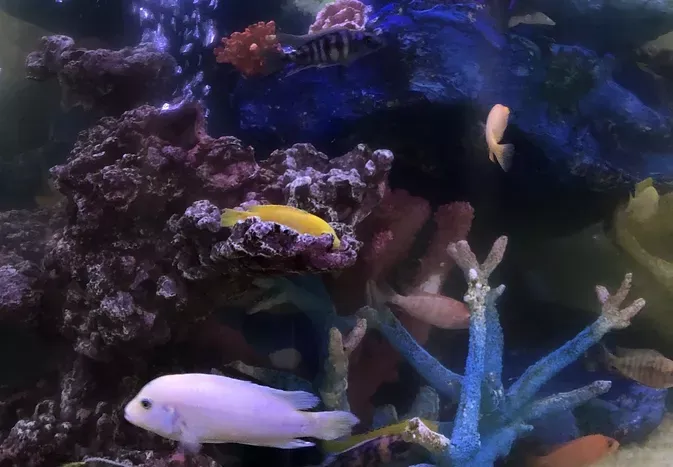
Freshwater Aquarium Filters
How to Deal With Cloudy Aquarium Water
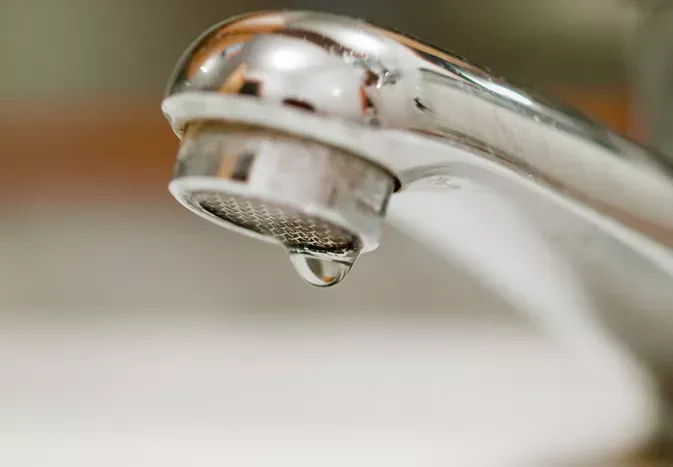
Saltwater Aquarium Filters
How Do You Remove Chloramines From Tap Water?
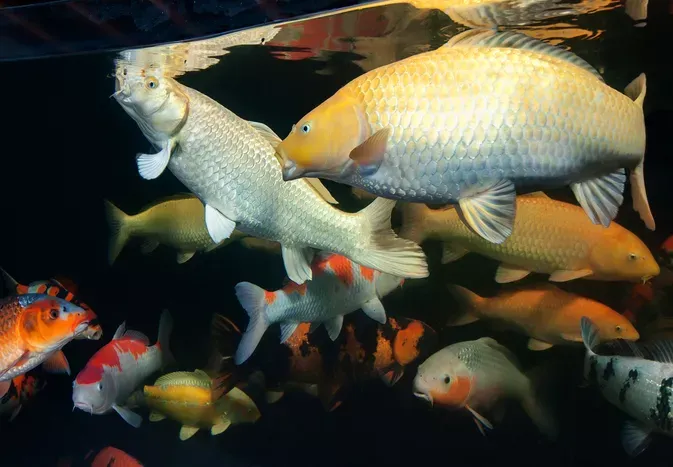
Freshwater Aquariums & Habitat
Can I Keep My Koi Fish Inside?
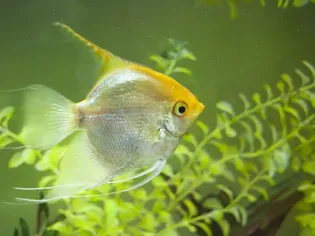
Saltwater Aquariums & Habitat
14 Best Floating Plants for Your Aquarium
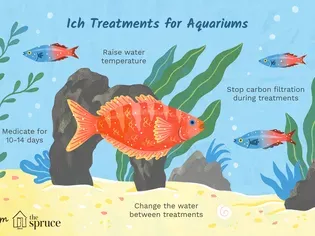
Freshwater Fish Health
How to Treat Ich on Freshwater Fish
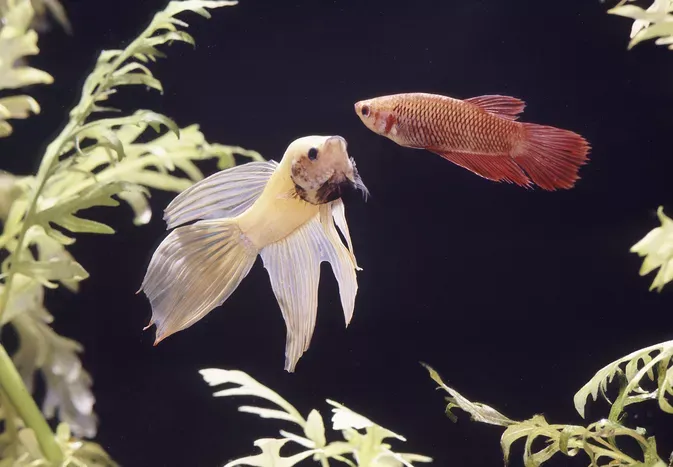
Saltwater Fish Health
Fin Rot in Aquarium Fish
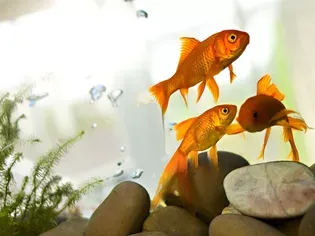
Freshwater Aquarium Filters
How to Do Aquarium Water Changes
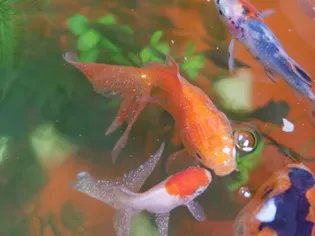
Saltwater Fish Health
How Do Fish Get Parasites?
